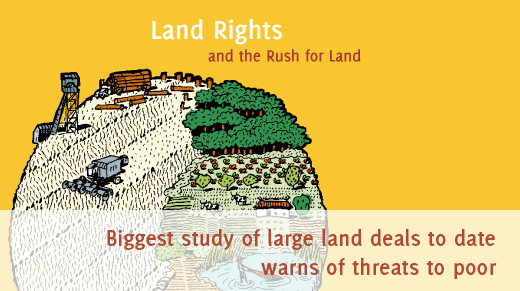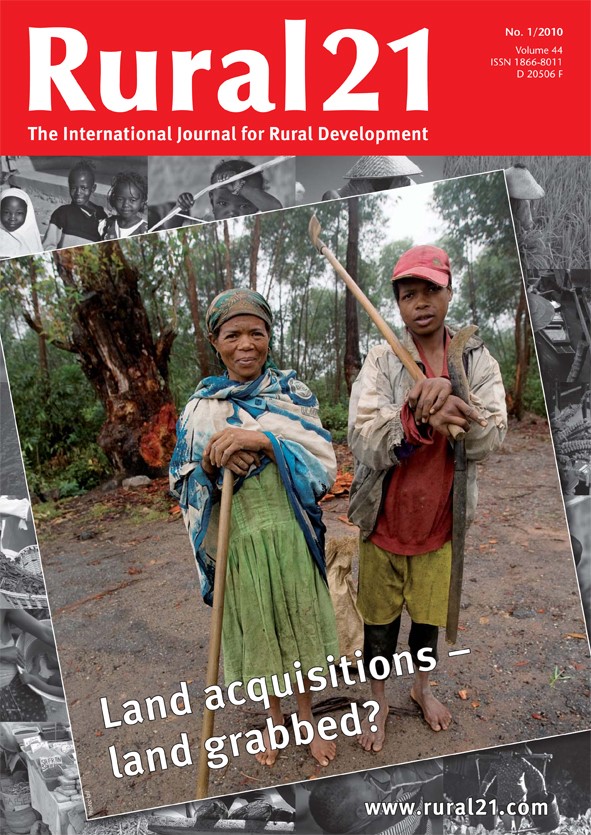Commercial Biofuel Land Deals & Environment and Social Impact Assessments in Africa: Three case studies in Mozambique and Sierra Leone
Examines 3 case studies of proposed biofuel developments in Mozambique and Sierra Leone in terms of social displacement. More mitigation measures could provide livelihood restitution and avoid negative food security impacts.



